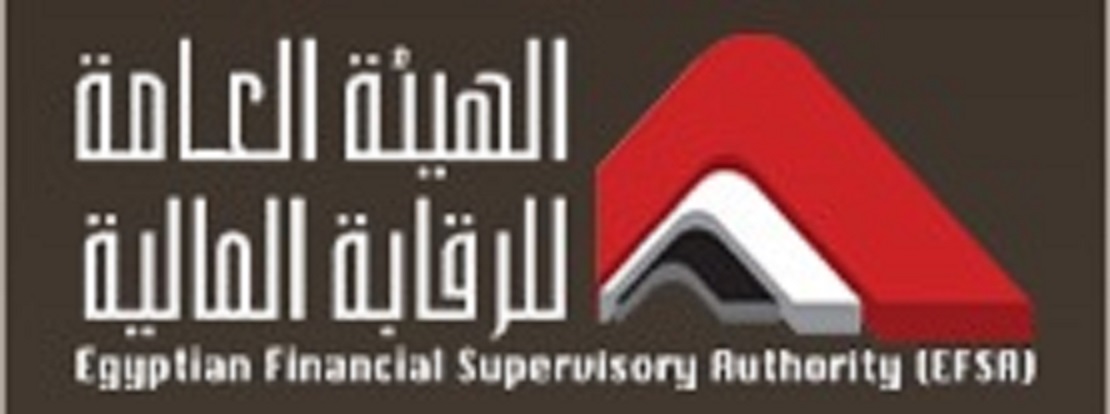A number of asset management companies have entered negotiations with private insurance funds to manage their investment portfolios, following the Egyptian Financial Supervisory Authority’s (EFSA) new regulations allowing funds to be overseen by multiple asset management companies.
Cairo Financial Holding, the National Fund Management, and HC Securities and Investments are among the investment fund and securities portfolios management companies that have begun negotiations with the board of directors of various investment funds.
The negotiations took place after EFSA issued new regulations in September 2015 to oversee the insurance funds that have pooled several investment portfolios. These individual investment portfolios have been created by associations or syndicates, to present compensations, regular income, or pensions to the portfolio’s members.
The increased competition generated from the new regulations provides a channel for the asset management companies to collect management fees, offsetting the significant retreat in their revenues.
The National Fund Management and HC Securities and Investment have started negotiations with a number of funds to expand their investment activities.
Managing Director of the asset management department in Cairo Financial Holding Riham Al-Saeed said the company has started negotiations with three private insurance funds to manage their investment portfolios.
Each fund has accumulated assets worth over EGP 100m, a figure close to the investment funds that banks and insurance companies operate. The boards of directors of the funds private insurance funds that are in contact with Cairo Financial Holding have not yet decided on a specific date to conduct tender to choose their investment manager, Al-Saeed said.
EFSA aims to ensure adherence to regulations amid more competition
Cairo Financial Holding has stated that it has met the requirements that EFSA has stipulated for companies that establish and manage securities portfolios.
According to EFSA regulations, asset management companies that are permitted to manage multiple insurance funds must have been in operation for at least three years and have had a total investment portfolio of no less than EGP 200m in the year prior.
EFSA has the authority to reduce the three-year operation threshold to one year, based on its assessment of company’s prior experience, in addition to its staff and director.
Acknowledging that the new regulations expose investment portfolios to increased risk, the EFSA has taken measures to mitigate possible financial turmoil. The regulatory agency plans to review the areas in which the asset management companies have invested the insurance fund’s capital to ensure optimal distribution.
Although the regulations issued by EFSA do not oblige private insurance funds to contract a company to establish and manage securities portfolio, the funds are obliged to choose between appointing a full-time investment manager and contracting an asset management company when the fund’s value exceeds EGP 100m, he said.
The most recent data published on EFSA’s website shows that there were 625 private insurance funds in operation at the end of 2014. EFSA also announced in mid-December 2015 that 24 funds had been established and 10 funds had been closed. The value of investments made from insurance funds in 2014 was approximately EGP 43bn compared to EGP 40bn in 2013, registering a growth rate of 8%.
EFSA’s statistics show that the private insurance funds’ investments are divided between 78% in government bonds, treasury bills, and investment certificates and 15% in bank deposits. The remaining investments are in the fields of stocks, real estate, and loans given to fund members.
In 2015, EGP 4.4bn in private insurance fund capital was invested in investment certificates, deposits, investment funds’ certificates, treasury bills, and bonds.
EFSA’s Chairman Sherif Sami said the regulatory agency is still waiting to see the results of its recently instituted regulations.
Sami said EFSA’s role is limited to making sure that asset management companies meet the requirements specified by EFSA and are committed to the regulations managing investment portfolios.
EFSA prohibits the investment of insurance fund capital in buying or selling securities of companies whose operations have been halted or are in bankruptcy, or companies that have been established outside Egypt, unless their securities are registered on the Egyptian Exchange (EGX).
Investing in companies that are not registered on the EGX is also prohibited unless there is a detailed feasibility study about investing in the company, the risks associated with the investment, and a future exit plan. Moreover, there must be a study about the fair value of the company’s shares prepared by an independent financial adviser registered at EFSA.
In the event that an asset management company directs a fund to invest in the real estate sector, a real estate evaluation expert who is registered at EFSA must be hired to prepare a sufficient study of the commercial, technical, financial, and legal aspects. This is in addition to calculating the expected cash flow and their impact on revenues.


